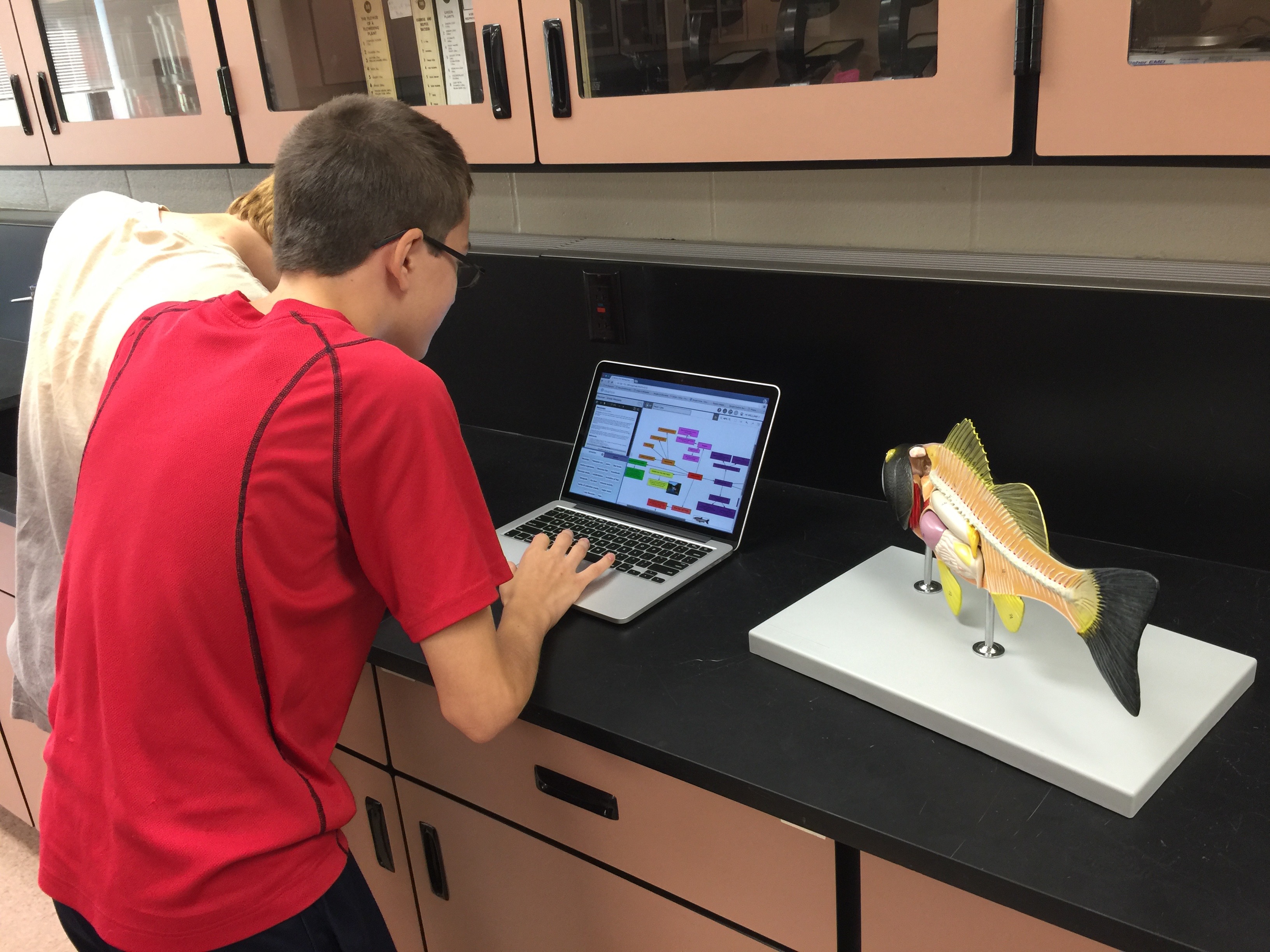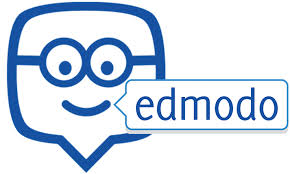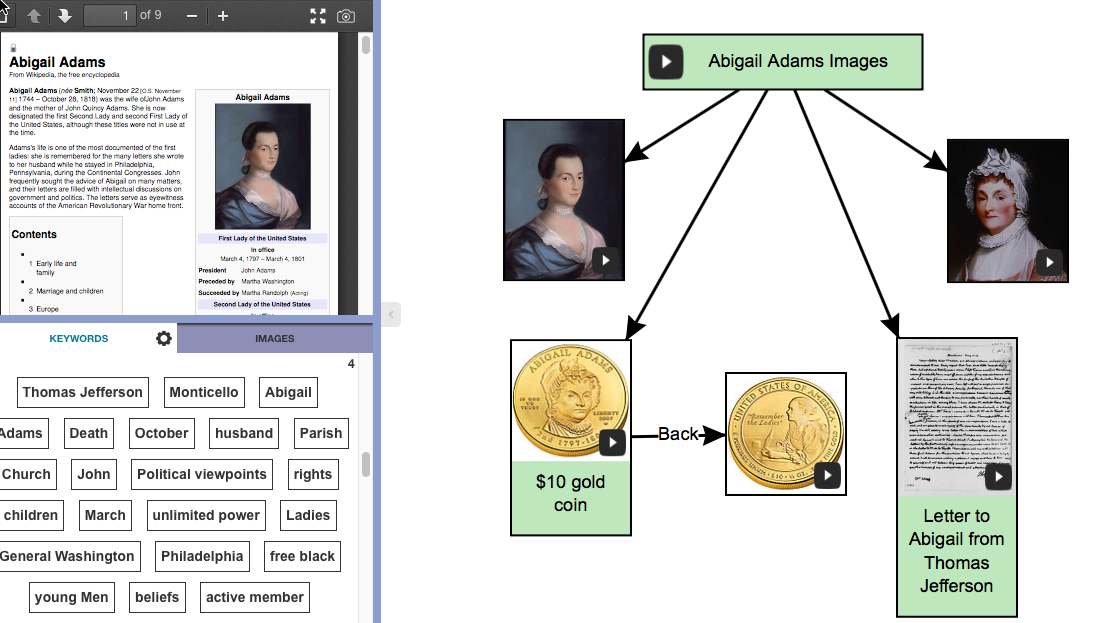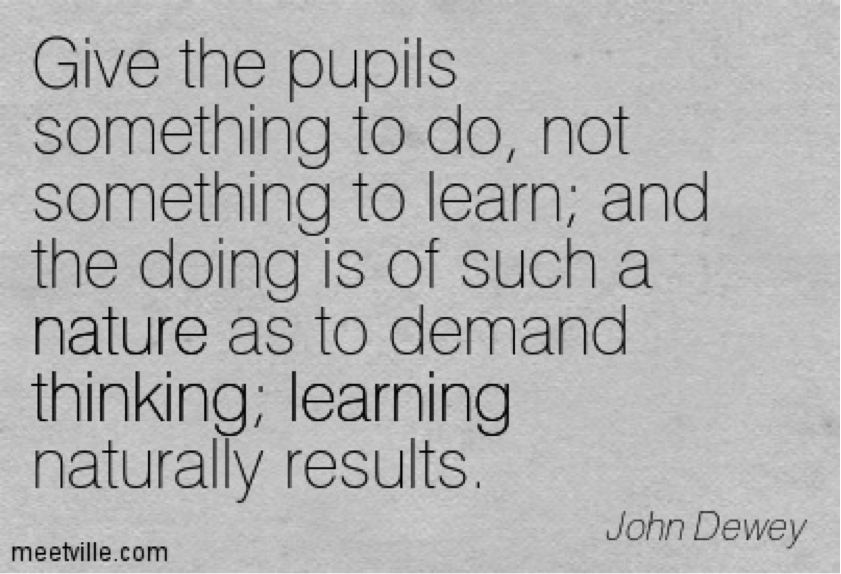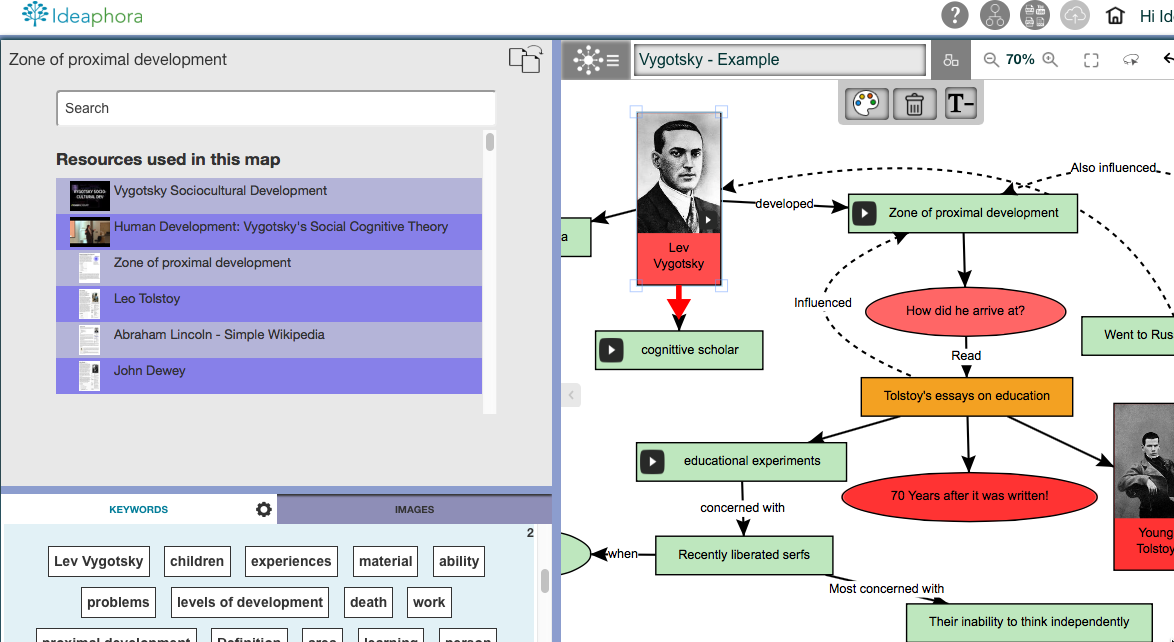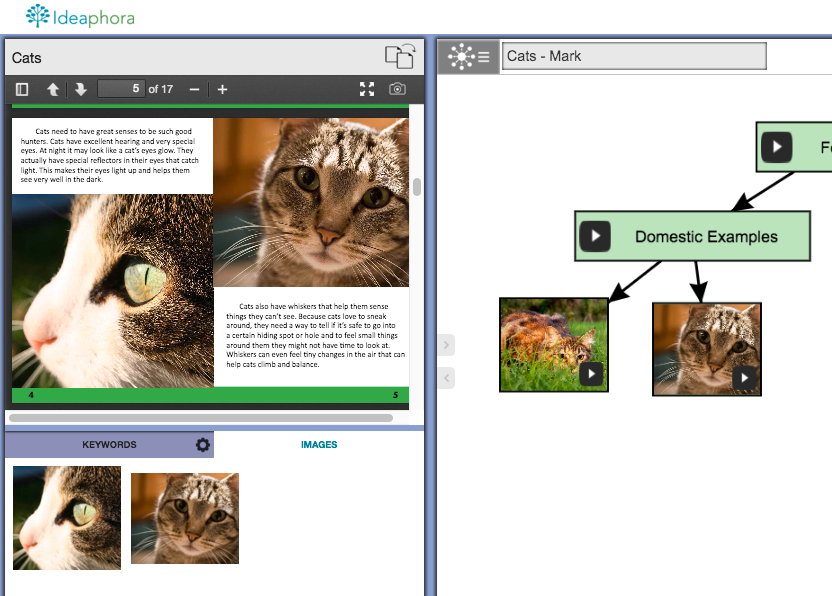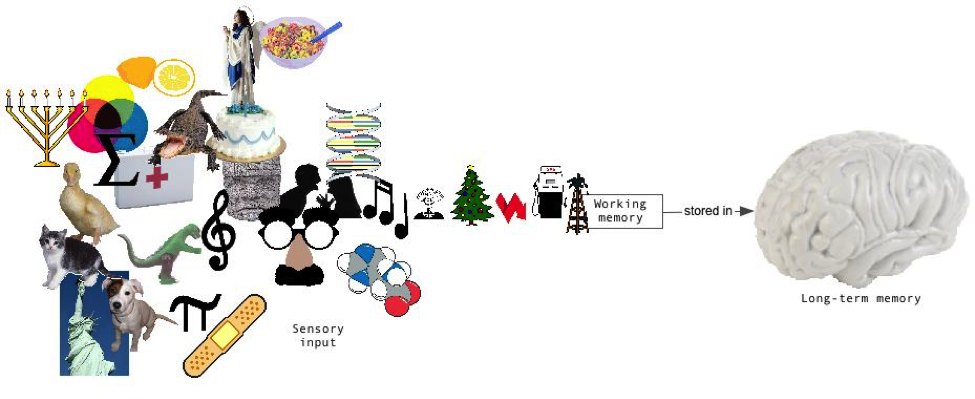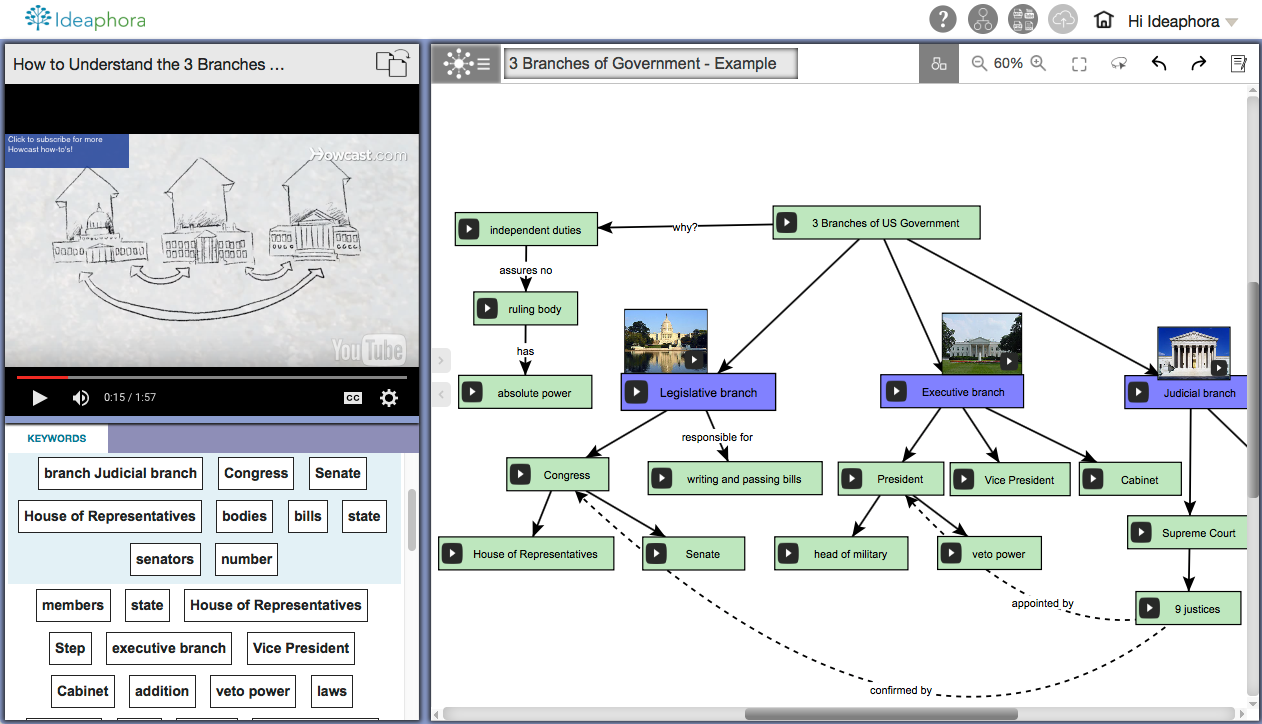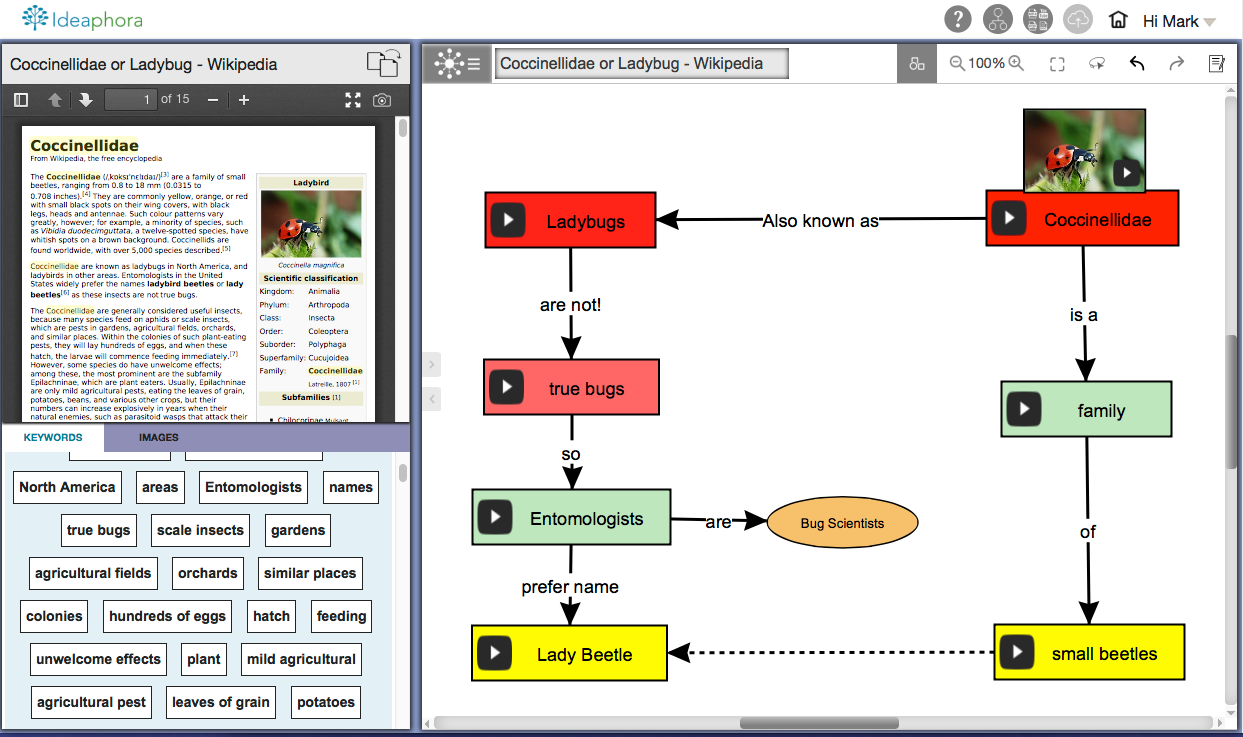Teachers and students can now take advantage of a broader range of open education resources in Ideaphora using PDFs and images. Ideaphora continually rolls out new features and enhancements based on our product road map and feedback from our users. Our goal is to enable teachers and students to use any digital content as source material and multimedia resources for their knowledge maps to provide a more enriching, visual, flexible, and meaningful learning experience. However, to ensure the most accurate and appropriate keywords are generated for the best possible learning experience, we must address different types of resources in various stages to adapt our semantic analysis engines to how best to work with them. Watch out for more coming soon!
This week we've enabled our technologies to deconstruct uploaded PDFs into relevant concepts that are automatically presented as keywords for users to drag and drop into their knowledge maps. We've also provided a way for users to easily grab images from resources already provided in Ideaphora, including PDFs and Wikipedia articles, as well as by simply copying and pasting images from other online sources, into their maps.

